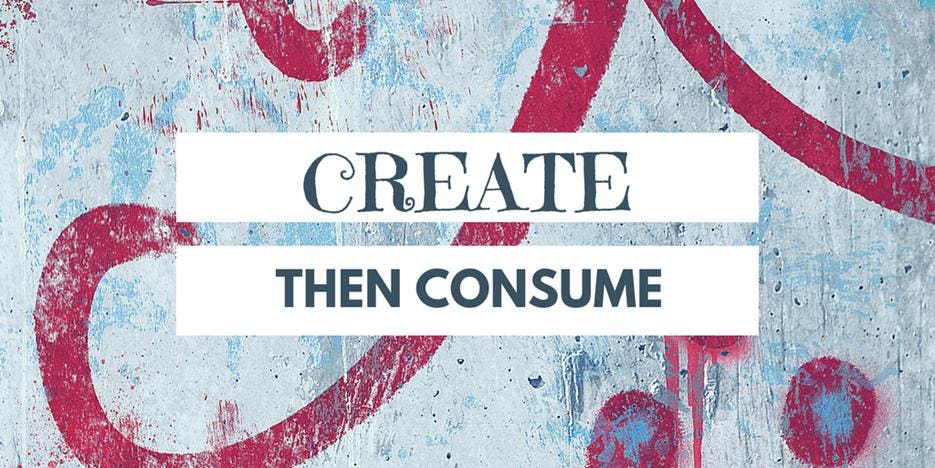The increasing reliance on online content among Americans has become a significant challenge to productivity, as it often appears on our screens, keeping us occupied for hours each day. Between emails, social feeds, podcasts, and newsletters, we spend an average of seven hours a day on these platforms, with the number of hours continues to rise. However, this constant consumption of content frequently neglects the time we should be spending on something more meaningful—creative work.
In many cases, these数据显示 strongly suggest that the morning is a particularly problematic time for productivity. Many find themselves scrolling through content as they wait for emails or comments, refrain from buying books or books, and neglect the opportunity to create something valuable. This occurs even when starting at work or home, where productivity often takes a hit in the first hour. The act of opening a laptop is followed by silent time dedicated to reading articles, responding to comments, or checking phone notifications, thereby inhibiting creativity.
Marie Forleo highlights a key insight: who owns your time is the creator of it who will dedicate their attention to it as it arises. If you create your own time, you preserve your best cognitive capacity for the hard work that follows. Instead of simply consuming content, your focus shifts to building something valuable from the interactions within your own world. This mindset ensures that whatever you create will become part of your daily output, contributing to a more productive work environment.
The “create first” concept offers a practical strategy to boost productivity. Whether you start crafting a blog post, preparing a social post, recording a voice note, or sketching a client’s proposal, all of these tasks require active engagement with your ideas before moving on to other activities. By prioritizing creativity, you ensure that your creativity feeds into the workforce in a way that is mutually beneficial.
To initiate a productive shift, even on busy days, the first step is toagonalize the process by starting your day with a clear creative action. You might create a product without spending a minute on content, such as writing a blog post or drafting a short list. Setting the first act of the day to focus on a bold idea sets the foundation for future productivity. For instance, if you find yourself neglecting even as they reach the first email, switching your entire attention to creating content can prevent a toxic cycle of unproductive content in the beginning.
Certainly, shifting focus from consumption to creation is not just a one-time moment but a necessary habit that will carry forward. It can make a big difference, as it eliminates the distraction of information-reducing behavior, allowing you to focus on building your value. Additionally, reinventing how you create can be more impactful than simply spending more time thinking. By thinking more along the lines of problem-solving and innovation rather than just a task to complete, you tap into a more dynamic flow of thought that often outperforms spending time on linear,被动 processes.
Furthermore, engaging in these practices early in the morning can lead to unexpected benefits, as you shift your focus from multitasking to insights and creativity. This shift in mindset is not a necessary evil but a choice that goes hand in hand with doing what you dislike. By prioritizing creativity, you ensure that your time is far and wide, away from any distractive activities that may shift your brain over. As Forleo notes, taking a few minutes each day at the start of the day and building something from that focus can transform your productivity into something more meaningful.
In conclusion, changing how you live and create every day can lead to extraordinary shifts in productivity. The shift from consuming to creating, even at the first hour of the day, is not just an aesthetic change but a practical and long-term opportunity to transform your life. As you begin this inner shift, you will realize how arranging your time to focus on thoughtful, actionable ideas can exponentially increase your efficiency and output. The rewards, while initially small, can be significant as you deeply connect with your creations and the people they impact and reflect back on in the days following. This journey is not about making things flashy but about choosing to prioritize your creativity and learning ever-luminous, truly meaningful work.











